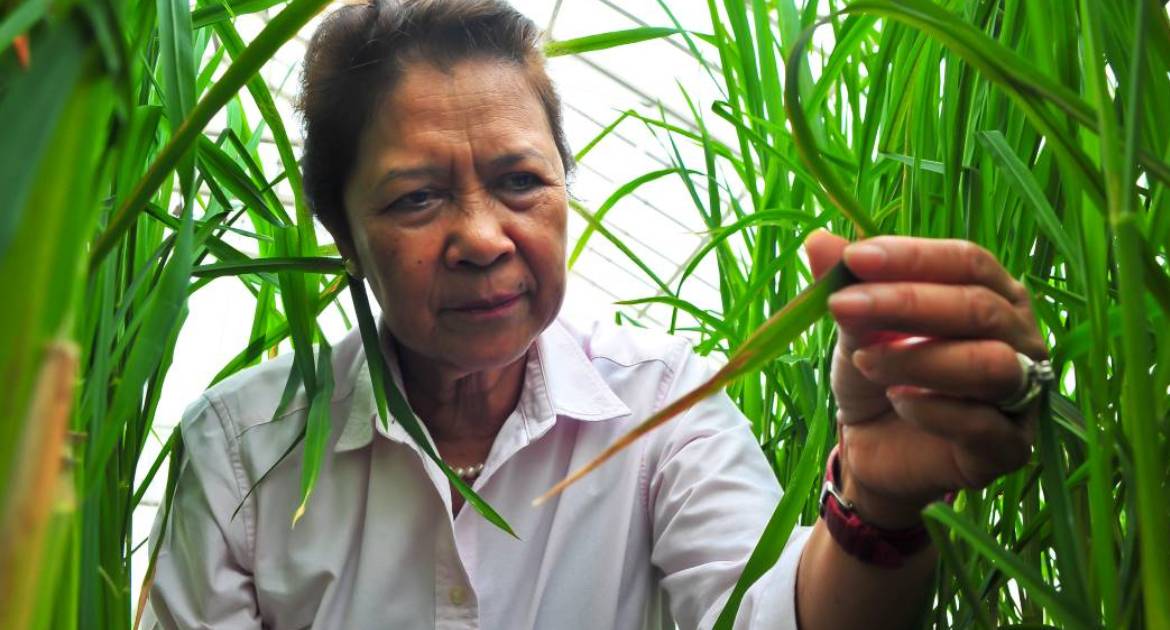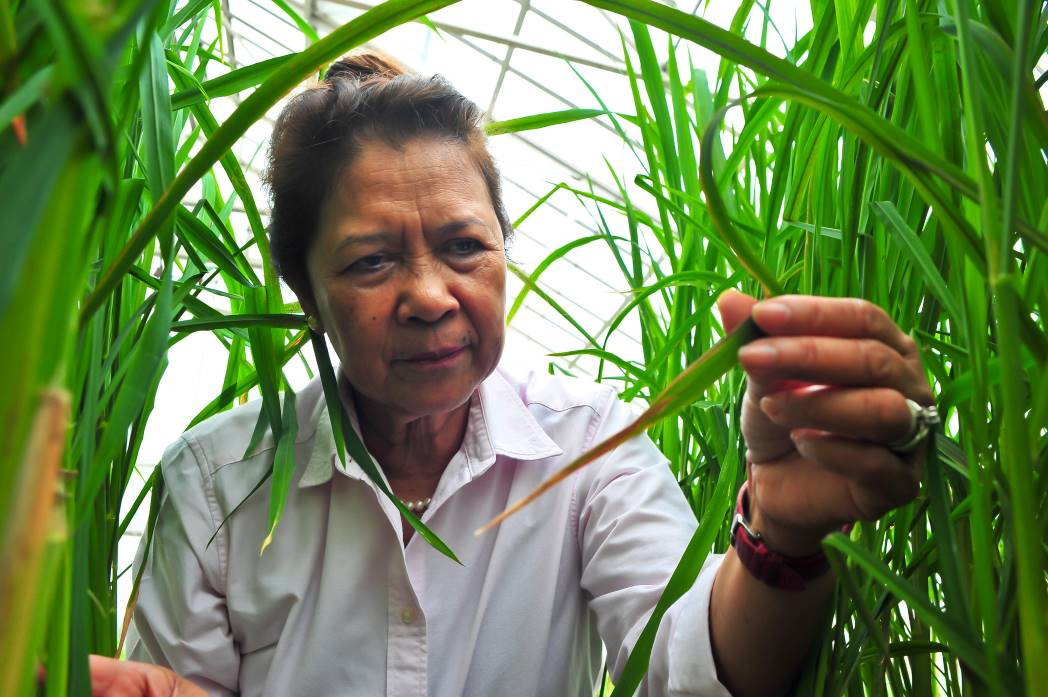Course Overview
Biotic stresses due to pests and diseases are dynamic, and their occurrence is influenced by several factors, such as host genotype, cropping practices, and extreme weather events brought about by climate change. Major diseases caused by pathogens, nematodes, and insect pests such as brown planthoppers, green leafhoppers, and stemborers can significantly reduce rice yields across various ecosystems if not properly assessed and managed.
The use of host plant resistance is generally considered the most economical, practical, and environmentally friendly strategy for pest management. It enables farmers to reduce yield losses and improve productivity and profitability without relying on pesticides, which is becoming increasingly important in the face of climate change. However, robust screening protocols are often lacking or not standardized. Hence, capacity development in the protocols used at IRRI for evaluating resistance to biotic stresses will facilitate the identification and selection of resistant genotypes. A standard protocol will also facilitate collaboration among different institutes. Acquiring skills in evaluating rice genotypes for resistance to biotic stresses is crucial for developing pest management strategies.
This one-month hands-on training course is designed to equip participants with experiential skills in identification, collection, isolation, and evaluation of damage caused by major rice pests and diseases through immersive and applied learning.



